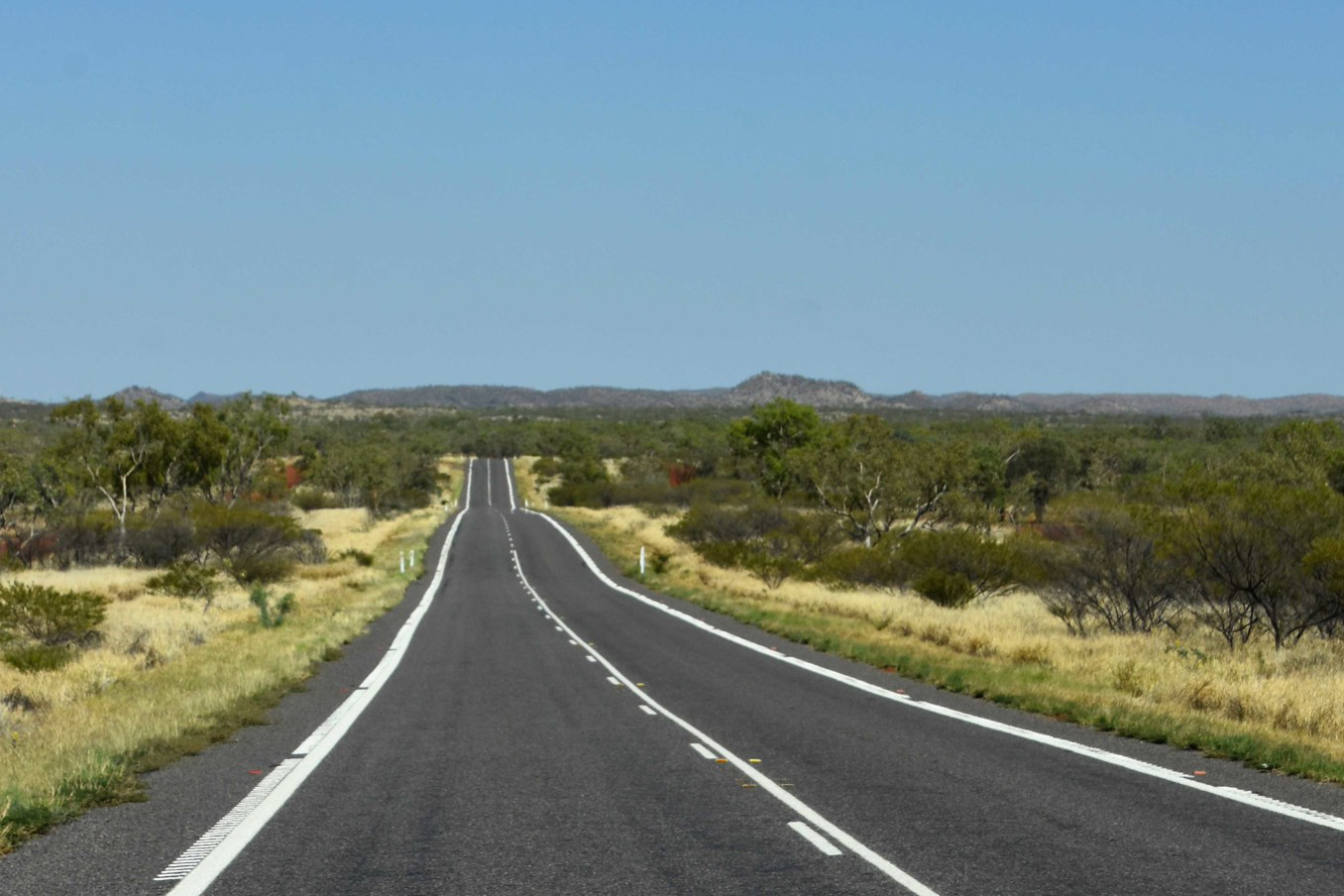General News
20 November, 2025
Councils push back against lowering speed limits in bush
A collective of councils spanning more than half of Queensland has made a strong submission to the federal government.

A collective of councils covering 63 per cent of Queensland has pushed back hard against a proposed national reduction to default speed limits on unsigned rural roads, warning it would punish remote communities without improving safety.
The Western Queensland Alliance of Councils (WQAC) – representing 25 councils and responsible for more than 58,000 kilometres of state and council-controlled roads – has formally opposed the shift from the long-standing 100km/h default in its submission to the Consultation Regulatory Impact Analysis (CRIA).
WQAC argues the proposal is based on limited evidence, fails to recognise vastly different road conditions across the outback, and risks shifting focus away from the real issue: chronic under-investment in rural road upgrades and maintenance.
Barry Hughes, chair of the North West Queensland Regional Organisation of Councils and mayor of Etheridge Shire, said remote communities relied on long-distance travel and efficient freight movement, and a blanket change would hit residents and industry hardest.
“The CRIA acknowledges significant gaps in the data on unsigned rural roads,” he said.
“Imposing a one-size-fits-all default limit – without understanding local conditions, crash causes or travel patterns – is not evidence-based policy. Rural Queensland needs targeted road safety investment, not arbitrary regulation.”
Tony Rayner, chair of RAPAD and mayor of Longreach Regional Council, said the proposal overlooked the daily realities of people living and working in the west.
“In the Central West, reducing the default speed limit would slow down freight, increase fatigue, and impose avoidable costs on livestock transport, tourism and service industries,” he said.
“The government should focus on data-driven solutions – like targeted infrastructure upgrades, better road shoulders, and region-specific safety programs – not a simplistic blanket reduction that won’t deliver the outcomes we need.”
Samantha O’Toole, chair of the South West Queensland Regional Organisation of Councils and Mayor of Balonne Shire, said the proposal misunderstood how regional motorists used rural roads.
“Lowering the default limit risks creating unsafe speed differentials on roads where conditions already support safe travel at current speeds," she said.
“The idea that a lower default limit will automatically reduce fatalities ignores how people actually use rural roads.
"Increased travel time contributes to fatigue, one of the leading causes of crashes in our region. Real road safety outcomes stem from proactive funding models, better infrastructure and better data – not from reducing speed limits in isolation.”
WQAC’s submission emphasises that road trauma in western Queensland was driven by a combination of factors beyond speed, including driver fatigue, alcohol and drug impairment, poor road design, wildlife collisions, limited run-off protection and the long distances emergency responders must travel.
Instead of a blanket reduction, WQAC called on the Australian government to maintain the current 100km/h default, support councils to conduct locally informed speed-limit reviews, and invest in a dedicated national rural road safety fund to help regional councils carry out engineering assessments, signage upgrades and targeted safety works.
WQAC executive officer Greg Hoffman said local governments were best positioned to set safe and appropriate speed limits.
“Queensland already has a robust methodology in place to set and review speed limits,” he said.
“Road owners, not remote regulators, must lead this work. A national blanket rule ignores local expertise, local data and local risk.”
